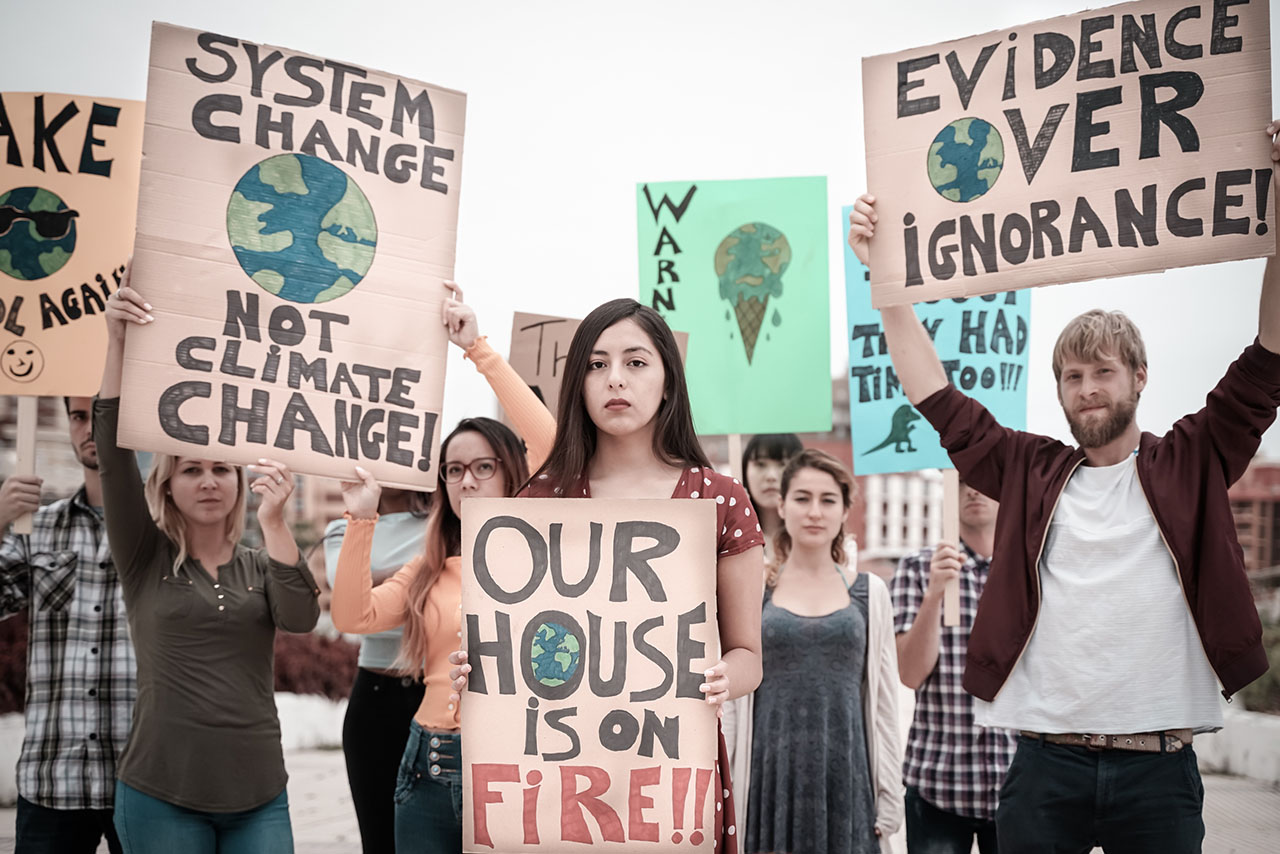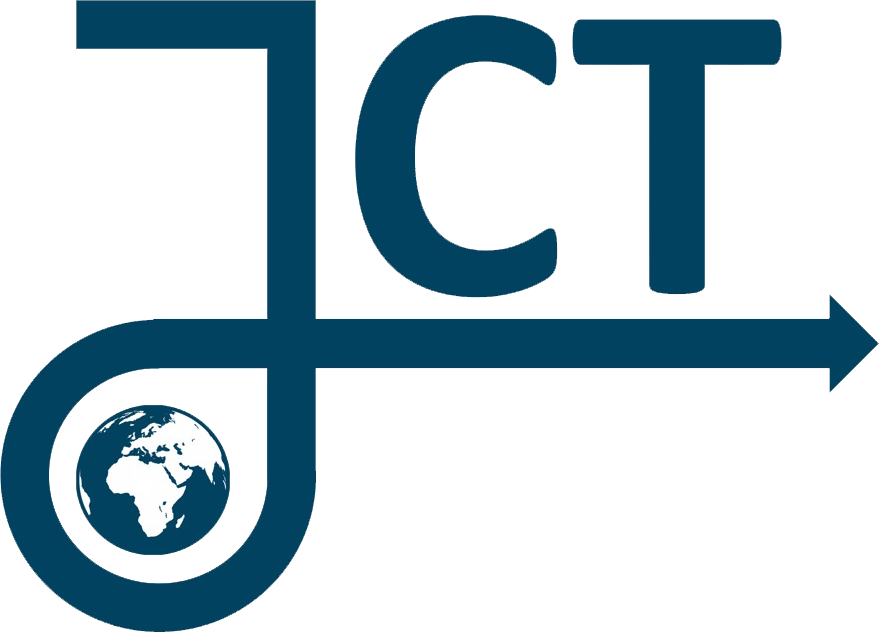Anthropogenic climate change is real and time is running out quickly for societies to adapt to the realities of a climate changed planet. Questions about societal adaptations take centre stage as climate change transforms the world we live in. This has led to increasingly prominent and heated debate about how exactly societies can transform politically, economically, and socially in order to preserve human well-being and to prevent future environmental collapse. This network aims to contribute to this debate by analyzing the new challenges and conceptualizing how today’s societies can be transformed to ensure a just and sustainable future for all. Some of the main questions that occupy us are:






The network takes its starting point in the material changes that climate change brings about – rising sea levels, more extreme weather events, changed precipitation patterns, crop failures, etc., and it then focuses on the social, technological, economic, and political response mechanisms and transformations necessary for dealing with these changes in a just and sustainable manner. In this context, normative questions about the meaning of equality, global justice, and democratic legitimacy also come to the fore and will be treated as core concerns that frame policy responses to climate change.

Focus Areas
JCT has four focus areas from which we approach questions of just climate transitions: sustainability, vulnerability, democracy, and future paths. Learn more about them here.


Resources
Want to know more about the questions and discussions JCT covers? Here you can find scientific contributions as well as blogs and public discussions that give an overview over the field.


